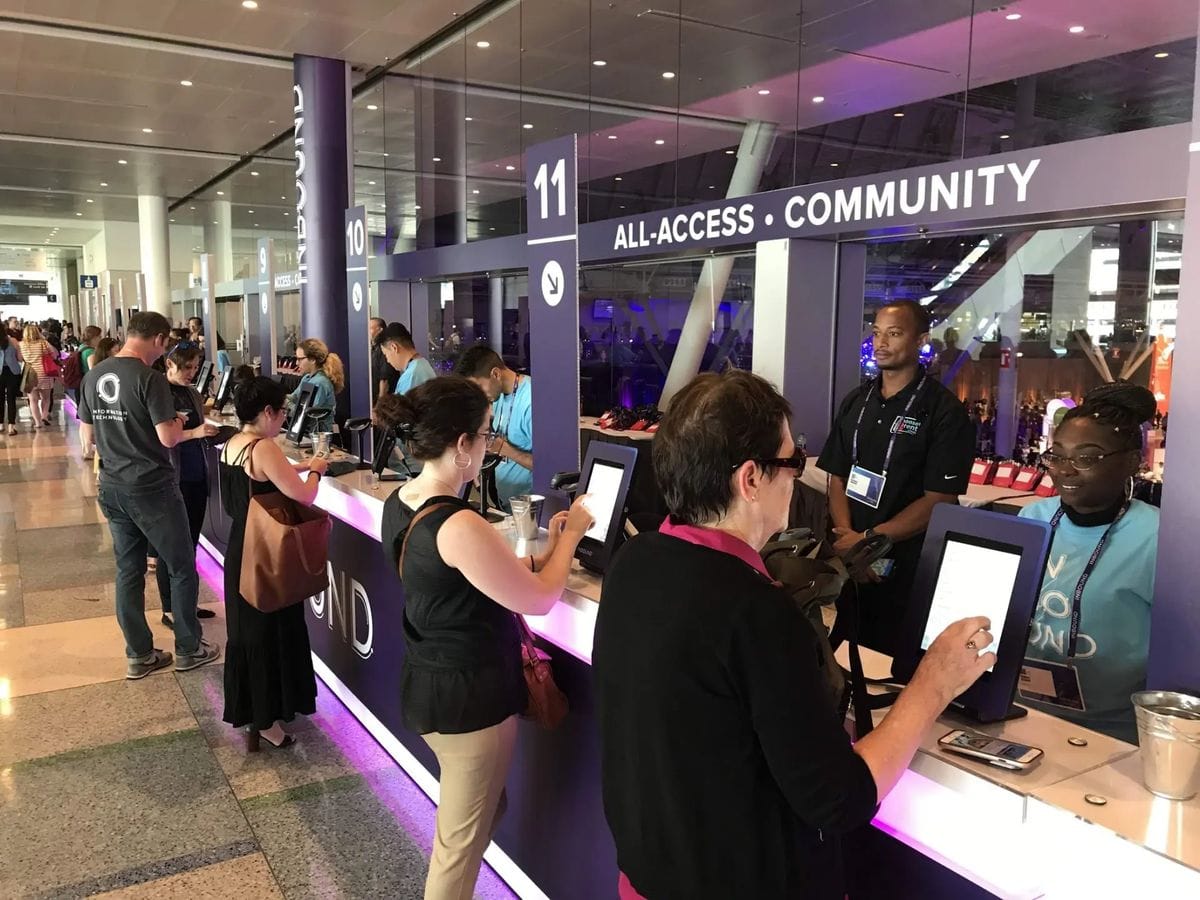In today's saturated marketing landscape, brands are discovering that bigger isn't always better. While massive conferences and large-scale events have their place, a growing trend toward micro events is proving that intimate gatherings can deliver outsized results. These carefully curated, small-format experiences are revolutionizing how businesses connect with their audiences, driving higher engagement rates and superior ROI compared to their larger counterparts.
What Are Micro Events?
Micro events are intimate, focused gatherings typically hosting 10-50 attendees. Unlike traditional large-scale events, these experiences prioritize quality interactions over quantity. They can take various forms: exclusive product launches, expert roundtables, workshop sessions, networking dinners, or specialized training programs. The key differentiator lies not in the size but in the intentional design that fosters meaningful connections and engagement.

The Power of Intimacy in Event Marketing
The magic of micro events lies in their ability to create genuine human connections. When attendees aren't lost in a crowd of hundreds, they're more likely to engage authentically with your brand, speakers, and fellow participants. This intimate setting allows for personalized experiences that larger events simply cannot replicate.
Consider the difference between asking a question in a 500-person auditorium versus a 20-person roundtable discussion. The smaller format encourages participation, creates psychological safety, and enables deeper conversations that lead to stronger brand relationships and business outcomes.
Higher Engagement Through Personalization
Small event marketing thrives on its ability to deliver highly personalized experiences. With fewer attendees, event organizers can tailor content, interactions, and even follow-up communications to individual needs and interests. This level of customization creates a sense of exclusivity and value that attendees rarely experience at larger events.
Micro events allow for real-time adaptation. If a particular topic resonates strongly with the group, facilitators can dive deeper. If attendees express specific challenges, the agenda can be adjusted to address them directly. This flexibility transforms passive attendees into active participants, dramatically increasing engagement levels.
Superior ROI: Quality Over Quantity
The financial advantages of micro events extend far beyond reduced venue costs. While the per-attendee investment might be higher, the return on investment often surpasses larger events due to several factors:
Higher Conversion Rates: The intimate setting and personalized attention typically result in higher lead-to-customer conversion rates. Attendees leave with a stronger connection to your brand and clearer understanding of how your solutions address their specific needs.
Reduced Waste: Unlike large events where significant resources are spent on attendees who may not be ideal prospects, micro events allow for precise audience curation. Every seat is filled with a carefully selected participant who represents genuine business potential.
Enhanced Brand Perception: The exclusivity and personalized attention associated with micro events elevate brand perception. Attendees feel valued and special, creating positive brand associations that extend well beyond the event itself.
Streamlined Operations: Smaller events require fewer resources, less complex logistics, and smaller teams to execute successfully. This operational efficiency translates directly to cost savings and higher profit margins.
Building Deeper Professional Networks
Micro events excel at facilitating meaningful professional connections. In smaller groups, attendees have genuine opportunities to connect with everyone present, including speakers, organizers, and fellow participants. These aren't superficial networking exchanges but substantive conversations that often develop into lasting professional relationships.
The networking value compounds when you consider that micro events typically attract senior-level decision-makers who appreciate the efficiency and exclusivity of smaller gatherings. C-suite executives and industry leaders are more likely to attend and engage meaningfully in intimate settings than crowded conferences.

Implementation Strategies for Maximum Impact
Successful micro events require strategic planning and execution. Start by defining clear objectives and identifying your ideal audience with laser precision. The success of small event marketing depends heavily on having the right people in the room.
Content should be highly relevant and actionable. Consider interactive formats like workshops, case study discussions, or problem-solving sessions rather than traditional presentation styles. Encourage participation through structured activities that leverage the small group dynamic.
Follow-up is crucial and more manageable with smaller attendee lists. Personalized post-event communications, exclusive resources, and continued engagement opportunities help maintain momentum and drive desired outcomes.
The Future of Event Marketing
As attention becomes increasingly fragmented and audiences seek more meaningful experiences, micro events represent the future of effective event marketing. They offer the perfect antidote to event fatigue while delivering the human connection that digital interactions cannot replicate.
Smart brands are recognizing that in a world of endless options and shortened attention spans, the path to meaningful engagement often leads through smaller, more thoughtful experiences. Micro events don't just deliver results—they create lasting impressions that drive business growth.
By embracing the micro event approach, businesses can achieve greater engagement, stronger relationships, and superior ROI while providing attendees with the exclusive, personalized experiences they increasingly demand in today's marketplace. The era of one-size-fits-all events is ending, replaced by targeted experiences that deliver measurable results.


